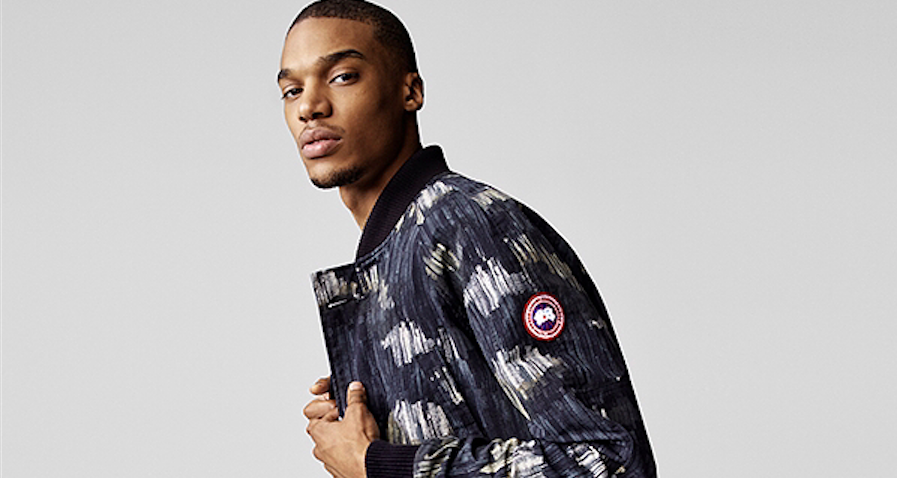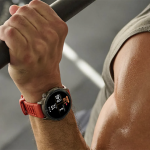Shares of Canada Goose debuted above its projected range in its initial public offering and flew upward in its first day of trading.
The IPO offering of 20 million shares was priced at CA$17, or about U.S.$12.78, and opened at U.S.$18.05 in trading on the New York Stock Exchange. By late Thursday afternoon, shares had settled to close at U.S.$16.08, up 25.8 percent from its IPO price.
The offering price of CA$17 was above an initial expected range of between CA$14 and CA$16. The IPO raised CA$340 million, or about U.S.$255 million. As projected, the Canada Goose offering is valued at about U.S.$2 billion.
Canada Goose listed its stock on both the New York Stock Exchange and on the Toronto Stock Exchange under the ticker symbol “GOOS.”
Known for its $900 parkas worn by celebrities from Toronto rapper Drake to Blue Jays slugger Jose Bautista, Canada Goose was founded six decades ago with a focus on protecting dog sledders and Mount Everest climbers from the arctic elements, but has seen growth in recent years driven by the high-end market.
Last year, Canada Goose recorded net income of CA$26.5 million on revenue of CA$290.8 million. That’s up from CA$14.4 million in net income on CA$218.4 million in revenue a year earlier.
In going public, Canada Goose plans to explore several untapped opportunities for growth, including other categories and more spring/summer apparel offerings, as well as e-commerce and owned stores. But the company has noted that even its outerwear is largely unknown in the U.S.
“There is opportunity in everything,” Chief Executive Dani Reiss told CNBC in an interview on Thursday. “[Canada Goose] has tremendous geographical opportunities,” including in Europe and in Asia.
One group that wasn’t enthused by the IPO’s success was the animal rights activist group PETA, which sent protesters to the NYSE Thursday morning to boycott the IPO. The group has been holding protests at Canada Goose’s store in the Soho district in Manhattan since it opened last fall.
“Cruelty is part of every Canada Goose jacket trimmed with real fur and filled with real down,” said PETA president Ingrid Newkirk, in a statement. “PETA is pushing the company to stop peddling parkas that cause immense pain and suffering to coyotes and geese.”
PETA told CNNMoney it planned to buy shares of Canada Goose once it started trading Thursday so it can be an activist investor and protest at its annual meetings.
In a filing with the Securities and Exchange Commission, Canada Goose acknowledged the protesters, saying: “We have been the target of activists in the past, and may continue to be in the future. Our products include certain animal products, including goose and duck feathers in all of our down-filled parkas and coyote fur on the hoods of some of our parkas, which has drawn the attention of animal welfare activists.”
Reiss told CNBC, “We use fur for function, first and foremost … and we know our customers care about ethical and sustainable sources.” Canada Goose has also created a program that traces where its materials are sourced from, he said, adding that the company sells many products that don’t use fur.
Reiss received CA$65 million from the IPO, selling 3.85 million shares at CA$17 each. He maintains a 24 percent stake in the company. Bain will hold a 57 percent controlling interest in the company after the IPO, filings show. When Bain Capital acquired a 70 percent stake in Canada Goose in 2013, the company was valued at about $250 million, sources told Bloomberg.
Goldman Sachs, Credit Suisse, RBC Capital Markets and CIBC Capital Markets were lead underwriters on the deal.
Photo courtesy Canada Goose
















